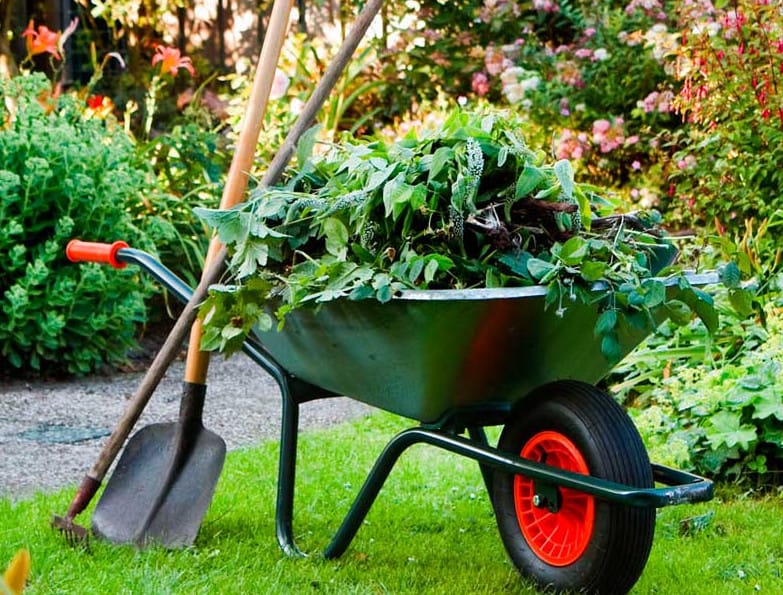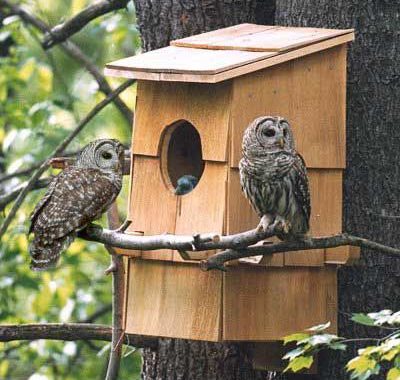Saturday, March 23, 10:00 am – 12:00 noon – Pruning Project: Hydrangeas
Confused about how to prune your hydrangeas to maximize flowering and increase health? You are not alone! Join Jen Kettell on March 23 at 10 am at the Arnold Arboretum for a lively discussion on the species behind the hot trade names (Hydrangea ‘Pistachio’ reblooming shown below) and how to prune them. In addition, Jen will focus on how to match appropriate plants to your site conditions. She’ll suggest which species are drought-tolerant or benefit pollinators and other essential growing tips. Jen will focus on hydrangeas that are hardy in Zones 5-7. Class includes an indoor lecture and walk to a demonstration in the Leventritt Shrub and Vine Garden. Fee $25 Arboretum member, $35 nonmember. Register at my.arboretum.harvard.edu or call 617-384-5277.










